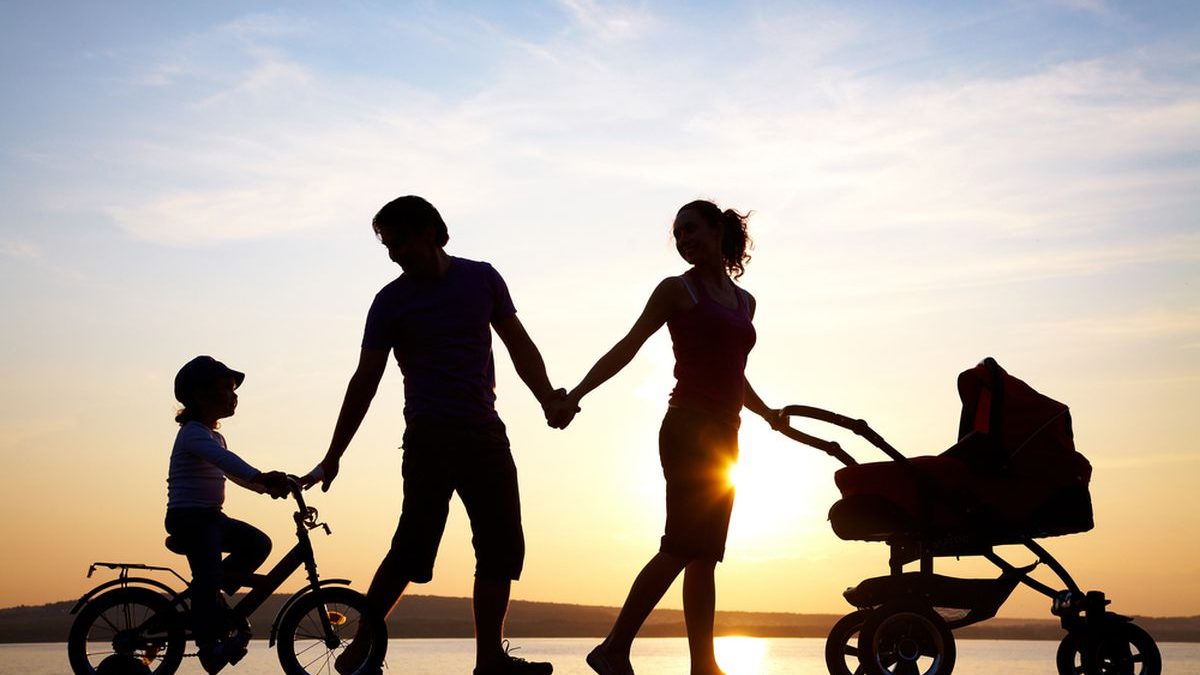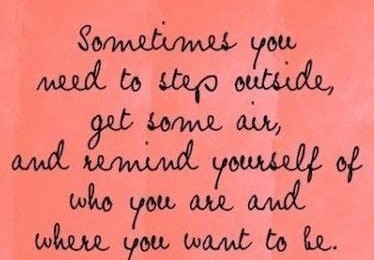
Relationship breakups …
July 20, 2021
How to get things done when you don’t want to do anything …
August 3, 2021Parenting
Some 80% of females elect to have a family.
Whilst this figure is declining, with possible reasons including economic pressures, the impact on the climate, financial drivers, a lowering of the status of motherhood and of course the selection of career progression over motherhood, a significant proportion of us still choose to bring children into the world – myself included.
Reflecting on when my first child was born some 18 years ago, our then next-door neighbour congratulated us and then said, “it will be hard work until she is about 7, then you will have a few years of fun until she is about 12 and then the hard work will start again until she leaves home”.
At the time, with our newborn snuggled up peacefully, we laughed along and inside thought “that’s ridiculous. Of course, you don’t only have about 5 years of ‘easy’ parenting!”
I love my children very much and I would never change the decision to have had them. I cherish the time we have spent together to date and love the family life that we enjoy together.
However, I have to say that emotionally, it is an absolute rollercoaster and something that you cannot prepare yourself for in a million years!
Here are just a few of the challenges that you will possibly identify with as a parent:
At the baby stage
As a new parent, you are terrified of absolutely everything.
You feel completely out of your depth and are wondering how you and your child will survive the early years unscathed.
You are exhausted with sleep deprivation. You miss the stability of your old job and the colleagues that used to drive you mad on occasion but that now you would give anything to be able to share a HOT cup of tea with. You are driven into mild panic if your child develops a temperature and turn down babysitting offers on the basis that you are not sure if the grandparents are capable of babysitting your child despite having brought you up successfully. Financially you may have moved to a reduced income situation and yet have more expenses to deal with. You and your partner miss time alone and are experiencing perhaps the most stress that you have experienced in your time together with no apparent light at the end of the tunnel.
At the toddler stage
By now, you have started to feel a little more in control.
Whilst there are challenges such as teething, bumping into sharp objects around the home, and tantrums and you are desperately missing the mental break that you used to enjoy when your child had a midday nap, in general, you are feeling a little more capable and are happy that your child is a little more robust, even if doing the weekly shop at Tesco’s is somewhat challenging. Hopefully, your child is sleeping from early evening and you and your partner have some time back to yourselves.
At primary school and secondary school age
Now you face the challenge of handing over the responsibility for your child to others for the best part of five days per week. Whilst this is great in some ways – namely freedom in some shape or form – you also quickly become aware that you are no longer the key influencer in your child’s life. They may form friendships that you would prefer they didn’t, they may not mix well and you worry that they are lonely or that they are bullied, they may struggle at school or they may flourish educationally but struggle in other ways.
You potentially have to face the school gates once or twice a day and experience all the ‘joys’ that can come with that, such as self-doubt at how you look, what you are wearing, or whether you are in the ‘popular mums’ group (or indeed whether you want to be!).
By the end of secondary school, your child will almost undoubtedly have a mobile phone and you learn to deal with internet risks, the fact that there is no escape for your child from their friends or non-friends even when home and also, with the need to let your child start to become gradually more independent.
At upper school
Upper schools are often a combination of several secondary schools. They can be huge and overwhelming. Your child may also be mixing with sixth form students who use the language you would rather your child did not know existed and a whole new set of challenges appear.
Self-harm seems to appear around this age. New friendship groups are formed and old friends are lost.
Some children invariably find themselves outside of a new friendship group. The need to conform is strong and there is pressure to achieve GCSEs and consider career options. The school communicates more with your child than with you and you start to feel a little left out of their education. Age 16 arrives and they (or you) may decide that they need a job to start saving for their first car, to fund their social life, or their shoe addiction. You are well and truly a taxi service for most of the time until the age of 17 when you then start to lose them more often than not to being out with friends, working, on their phones, gaming or doing another of their hobbies.
My thoughts around writing this Blog, were not to put you off having children ever in your life, but to ask that you consider your current situation and think seriously about how much you blame yourself for not being soft enough, not being strict enough, not knowing all of the answers, not providing enough home-cooked food, working too much, not having enough money, not having a social life or not being the perfect husband or wife. The list is endless.
A very simple concept of coaching is helping a client recognise the little demon that can appear for us all at various points of our day, week, or month. That imaginary demon that accuses us of not being ‘good enough, energetic enough, slim enough or strong enough.
As always, if you resonate with any of the above then I’d love for you to get in touch for a free sample coaching session.
All the best
Angela





